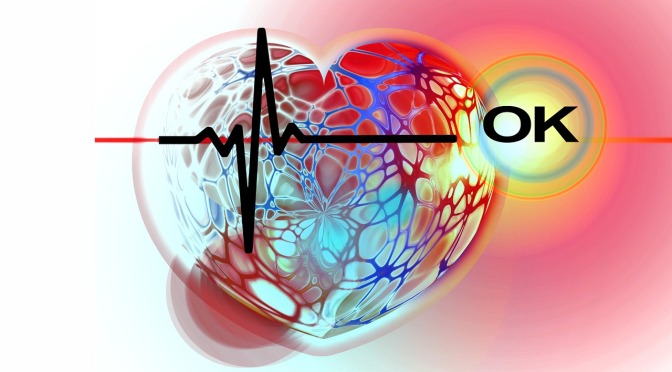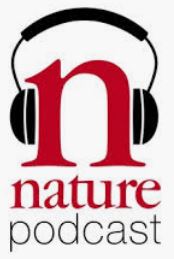 Listen to the latest from the world of science, with Benjamin Thompson and Shamini Bundell. This week, modelling embryonic development, and an analysis of male dominated conferences.
Listen to the latest from the world of science, with Benjamin Thompson and Shamini Bundell. This week, modelling embryonic development, and an analysis of male dominated conferences.
In this episode:
00:44 Imitating implantation
Researchers have created a system that uses stem cells to model the early stages of pregnancy. Research article: Zheng et al.; News and Views: Human embryo implantation modelled in microfluidic channels
08:03 Research Highlights
Traces of baby turtle tracks, and Titan’s explosive past. Research Highlight: A baby sea turtle’s ancient trek is captured in a fossil; Research Highlight: Giant explosions sculpted a moon’s peculiar scenery
09:36 ‘Manferences’
Nature investigates the prevalence of conferences where most of the speakers are male. News Feature: How to banish manels and manferences from scientific meetings
15:41 News Chat
An update on India’s latest moon mission, drugs that may reverse biological age, and this year’s Breakthrough Prize winners. News: India loses contact with its Moon lander minutes before touchdown; News: First hint that body’s ‘biological age’ can be reversed; News: First-ever picture of a black hole scoops US$3-million prize


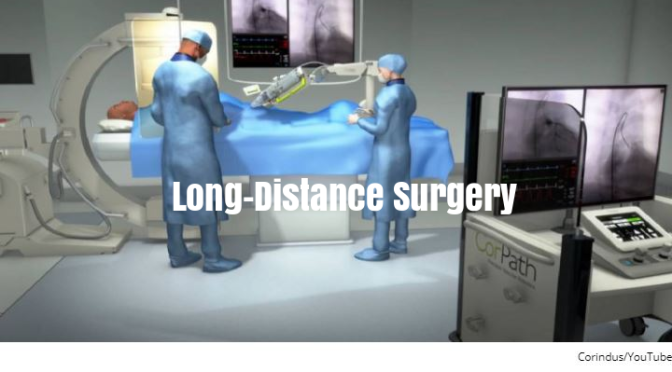
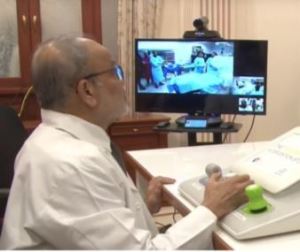 “Remote procedures have the potential to transform how we deliver care when treating the most time-sensitive illnesses such as heart attack and stroke. The success of this study paves the way for large-scale, long-distance telerobotic platforms across the globe, and its publication in Lancet’s EClinicalMedicine demonstrates the transformative nature of telerobotics,”
“Remote procedures have the potential to transform how we deliver care when treating the most time-sensitive illnesses such as heart attack and stroke. The success of this study paves the way for large-scale, long-distance telerobotic platforms across the globe, and its publication in Lancet’s EClinicalMedicine demonstrates the transformative nature of telerobotics,” 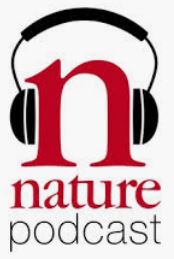 Researchers have identified how Salmonella ‘persister’ cells can spread antibiotic resistance genes in mice intestines.
Researchers have identified how Salmonella ‘persister’ cells can spread antibiotic resistance genes in mice intestines. 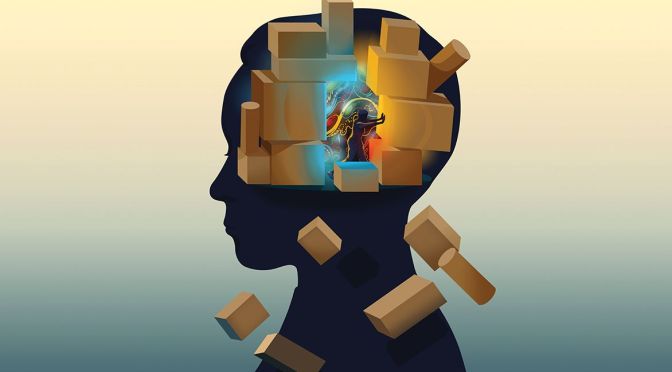
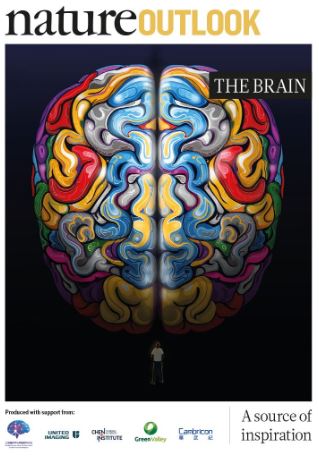 “What is memory without forgetting?” asks Oliver Hardt, a cognitive psychologist studying the neurobiology of memory at McGill University in Montreal, Canada. “It’s impossible,” he says. “To have proper memory function, you have to have forgetting.”
“What is memory without forgetting?” asks Oliver Hardt, a cognitive psychologist studying the neurobiology of memory at McGill University in Montreal, Canada. “It’s impossible,” he says. “To have proper memory function, you have to have forgetting.”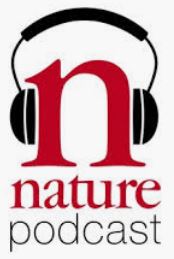 A nanotube microprocessor: Scientists are looking beyond silicon, by constructing a computer chip using carbon nanotubes.
A nanotube microprocessor: Scientists are looking beyond silicon, by constructing a computer chip using carbon nanotubes.
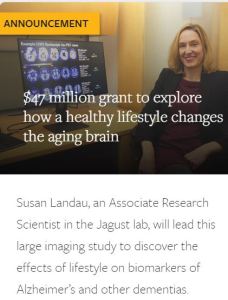 “A healthy diet and lifestyle are generally recognized as good for health, but this study is the first large randomized controlled trial to look at whether lifestyle changes actually influence Alzheimer’s disease-related brain changes,” said Susan Landau, a research neuroscientist at Berkeley’s Helen Wills Neuroscience Institute, and principal investigator of the add-on study.
“A healthy diet and lifestyle are generally recognized as good for health, but this study is the first large randomized controlled trial to look at whether lifestyle changes actually influence Alzheimer’s disease-related brain changes,” said Susan Landau, a research neuroscientist at Berkeley’s Helen Wills Neuroscience Institute, and principal investigator of the add-on study.
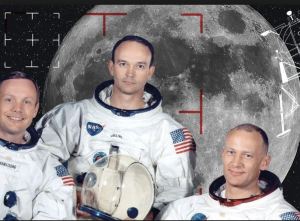 The first question is often ‘why haven’t we been back?’ Fifty years since humans stepped onto the surface of a foreign planetary body there has not been another event to rival it. Not in space, nor back here on Earth.
The first question is often ‘why haven’t we been back?’ Fifty years since humans stepped onto the surface of a foreign planetary body there has not been another event to rival it. Not in space, nor back here on Earth.
